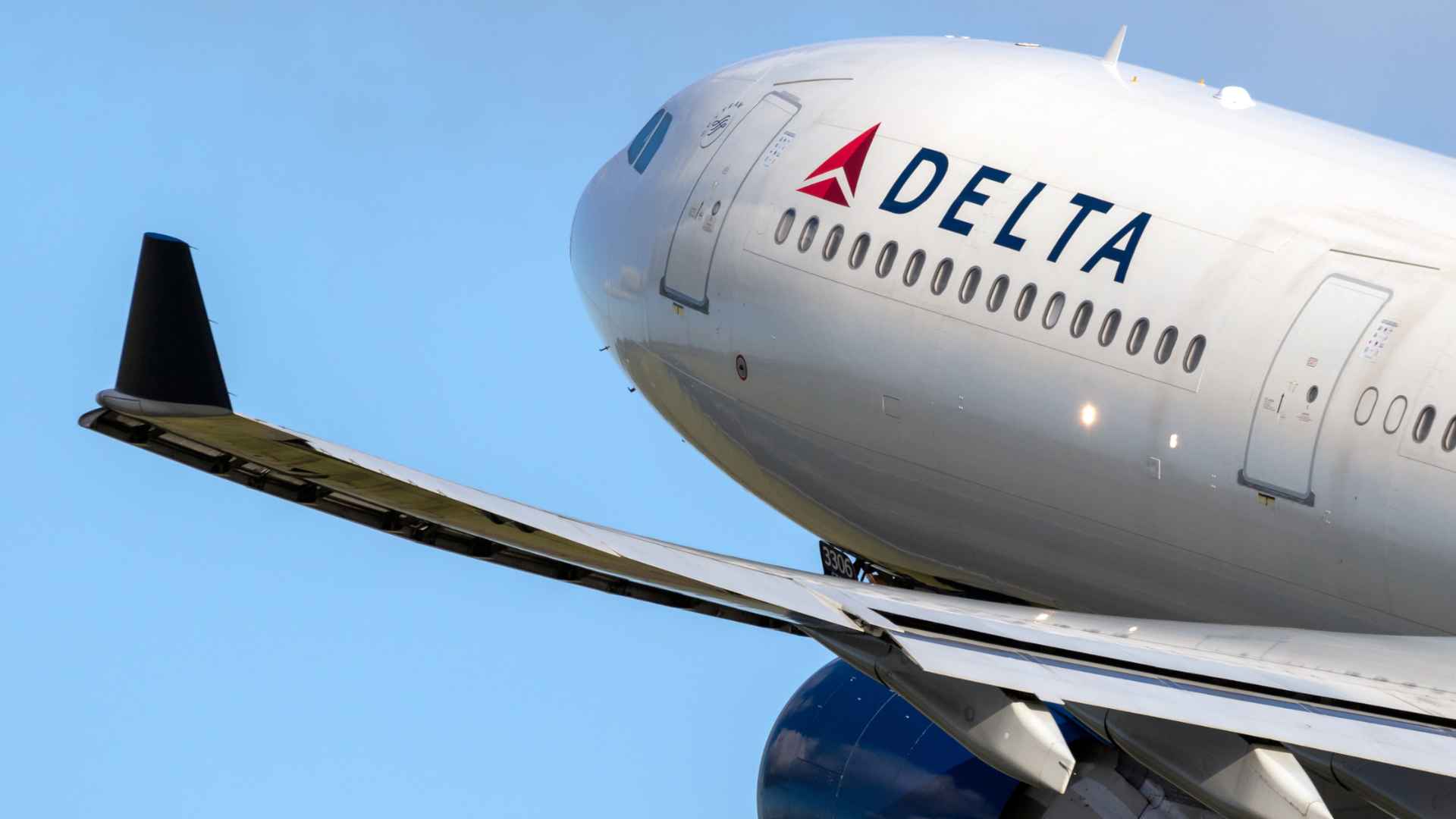July 15 Reddit post rekindles the seat‑swapping debate on Delta flight. A calm “no” on a Delta flight, shared on Reddit, reignites the long‑running seat‑swapping debate among U.S. travelers.
On July 15 Reddit user “Stealthytom” recounted an encounter aboard a Delta jet where a first‑class passenger declined to trade seats with a traveler hoping to sit two rows back with a friend. The polite refusal—“I’m sorry but I paid more to sit here. Suggest you ask someone who’s seated in the back”—has amassed 3,700 upvotes and hundreds of comments, putting a familiar travel dilemma back in the spotlight.
Why paying for first class still matters when swap requests arise
The incident underlines a simple reality: many flyers pay a premium for extra space, priority service, and a quiet cabin. Giving up that investment for an economy seat can feel like throwing money out the window. Would you have done the same? Here’s how Reddit reacted to the standoff:
- “Perfect response—pay for what you want,” wrote u/NeatAdhesiveness8907.
- u/MONSTERBEARMAN added, “Your failure to plan ahead does not inconvenience me.”
- “Asking someone to drop from first to coach is borderline crazy,” said u/Jasranwhit.
Still, the requester eventually rejoined her friend in coach, proving that a firm but courteous stance often ends the discussion. The 2023 Kayak survey of 1,000 North American travelers draws a clear line on what counts as a reasonable ask:
| Reason to switch seats | Travelers who approve |
|---|---|
| Polite request within the same cabin | 54 % |
| Disliking the assigned seat | 23 % |
| Nervous about flying | 36 % |
Consequently, most respondents believe premium upgrades or extra‑fee seats should remain with the person who paid for them.
Survey reveals limits on acceptable reasons passengers give for seat changes
The Kayak data echoes the Reddit sentiment: courtesy is welcome, entitlement is not. So where should the line be drawn? Nearly eight in ten passengers say “you get what you get,” reinforcing the idea that planning ahead—rather than persuading strangers—remains the best way to sit together.
Etiquette coach Genevieve “Jenny” Dreizen praises the passenger’s concise reply as a “kind, clear, and confident boundary.” By skipping apologies and lengthy explanations, she notes, travelers can avoid onboard tension while still showing respect—something every cramped cabin could use more of.
Seat‑swap dramas are unlikely to disappear, but this story offers an easy takeaway: ask nicely, accept “no,” and remember that upgrades carry real value. Next time someone eyes your seat, a brief, courteous answer may be all it takes to keep everyone cruising at altitude.

